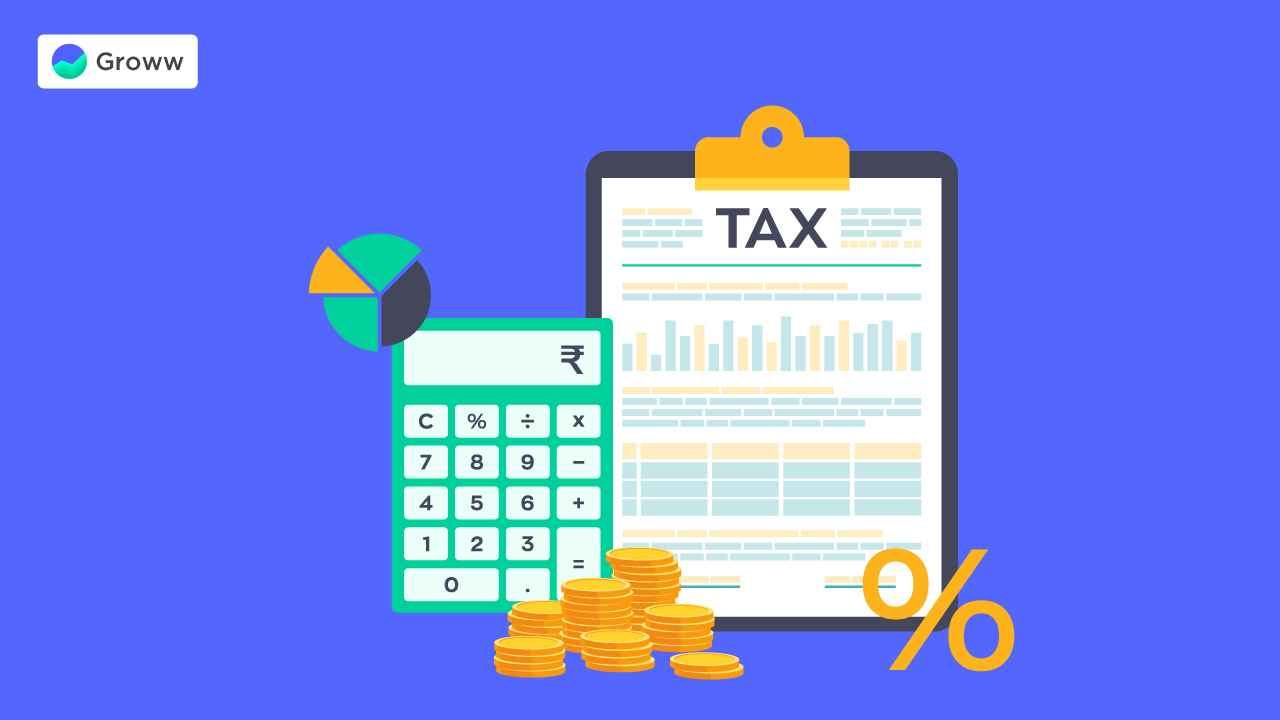How are ETFs Taxed in India?

Exchange-traded funds, or ETFs, were launched in India in 2002. Since then, ETFs have become a popular investment instrument for many investors because of their fundamental structure.
ETFs are a basket or a portfolio of diversified securities that can be traded on the stock exchange. The majority of ETFs track an underlying index and can be divided into three categories – equity, gold, and others.
Regardless of the type of investment you choose, it is crucial to understand the tax structure on the income gain generated by the investment. This article discusses the tax laws for ETFs in India.
Different Avenues to Make Money through ETFs
ETFs follow the passive strategy. These instruments can be traded on a stock exchange like any other stock, and their price is determined by supply and demand in the securities market.
There are two ways in which investors earn money by investing in ETFs:
1) Income through Dividends
Because ETF is a mix of securities, including stocks, investors earn through the dividends earned from these stocks.
Some fund houses provide an option to investors to either credit the dividends into their accounts or reinvest in the ETF, for higher returns at the time of sale. These dividends are considered for tax purposes.
2) Income through Capital Gains
When ETFs are traded on a stock exchange, the buying and selling price is determined by the supply and demand in the market. If the overall price of the fund increases in the investor’s investment period and if it is sold for a profit, the profits are defined as capital gain and are considered for tax purposes.
Taxes on Various Incomes Through ETFs
-
Tax Structure on Dividend Income
This tax is called the dividend distribution tax (DDT). Before FY21, a DDT of 15% was applied to all the dividends paid to investors. From FY21 onwards, the concept of DDT was abolished, and the income from dividends was added to the investor’s annual income.
The tax rate applicable was the same as the income tax slab rate of the investor.
-
Tax Structure on Capital Gains
Capital gains can be long-term or short-term, and the tax structure for these differs accordingly and is also conditional on the type of ETF.
For Equity ETFs
These are exchange-traded funds that majorly invest in equities or related investment instruments. Short-term or long-term capital gains tax applies to these instruments depending on the length of time held and the date of sale.
Capital gains are considered short-term capital gains if the stocks or related instruments are held for less than or equal to one year. Likewise, capital gains are considered long-term capital if the stocks or related instruments are held for more than one year.
- As per Section 112A of the Income Tax Act, long-term capital gains exceeding Rs 1.25 lakh made on the sale of these assets before 23 July 2024 will be taxed at 10%, while those sold on or after 23 July 2024 will be charged at the rate of 12.5%.
- As per Section 111A of the Income Tax Act, which deals with short-term capital gains tax, any sale of these assets done before 23 July 2024 will be taxed at the rate of 15%, and on those sold on or after 23 July 2024 will be charged at 20%.
The tax structure is similar for gold, debt, and other ETFs.
Wrapping Up
As an investment option, exchange-traded funds have evolved as one of the most preferred investment options for investors. Not only are they diverse, but they are also easy to trade and more liquid than mutual funds.
Although these are excellent passive investment instruments, it is always recommended to trade in them based on your investment goals.
|
You May Also Be Interested to Know |
|
|
1. |
|
|
2. |
|
|
3. |
|
|
4. |
|
|
5. |
|